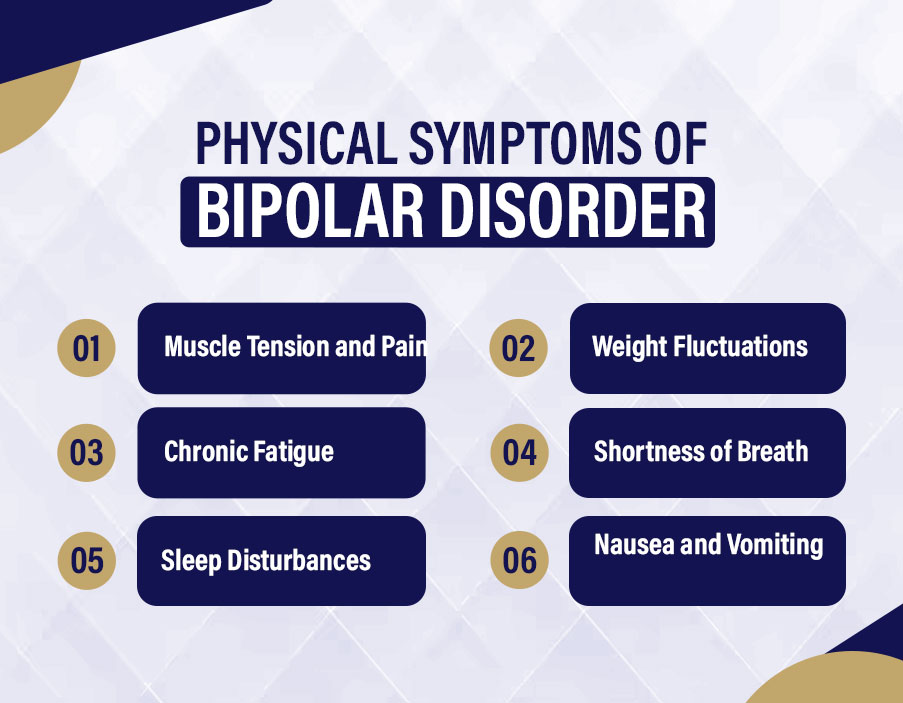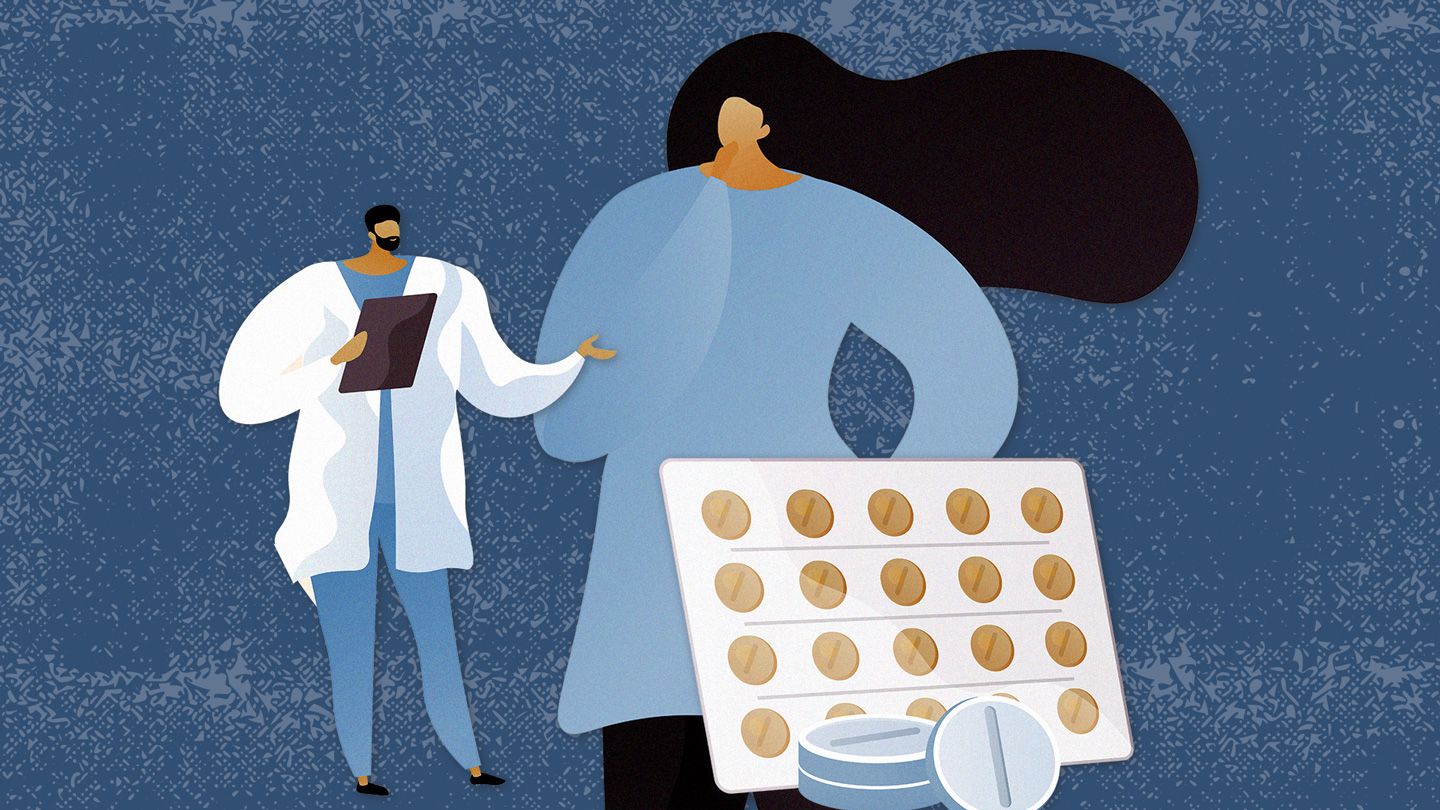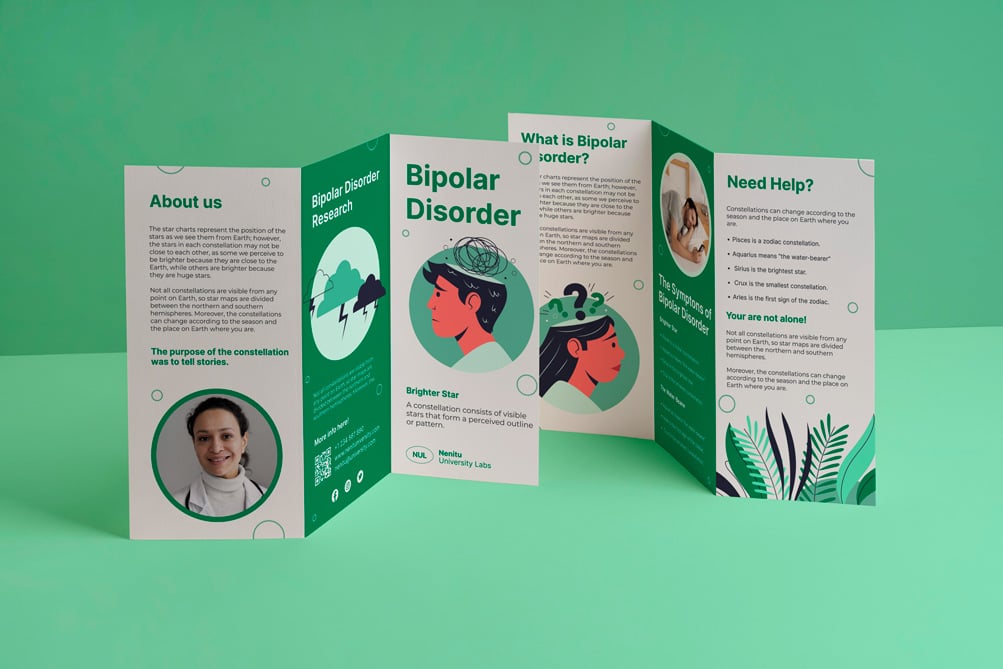Living with bipolar disorder is a complex and multifaceted journey that extends beyond emotional turbulence to encompass physical and mental health challenges. Those who navigate this condition often find themselves on a whirlwind of emotional highs and lows, where stability can seem elusive and the world becomes a kaleidoscope of contrasting experiences. In this article, we explore the intricate thought processes of individuals with bipolar disorder, offering a window into their unique perspective on life and the delicate interplay of emotions. Through the insights of experienced psychiatrists, we aim to deepen the understanding of this multifaceted condition, shedding light on strategies for managing its impact and fostering resilience and hope.
How A Bipolar Person Thinks

To further appreciate the intricacies of bipolar disorder, it is essential to recognize the distinct yet interwoven nature of these mood shifts and their impact on thought processes. During manic episodes, the heightened sense of invincibility and boundless energy often propels individuals toward ambitious goals and projects. However, this mania-induced optimism can obscure judgment, leading to impulsive actions and strained relationships. Equally, in the depths of depression, the world seems colorless and insurmountable; concentration falters as seemingly simple tasks become overwhelming. Understanding this turbulent interplay between euphoria and despair helps demystify bipolar disorder, offering insights into both the challenges and the remarkable resilience required to navigate such a multifaceted mental health condition. Supporting those with bipolar disorder involves empathy, patience, and a commitment to fostering a stable environment where both medical and psychological interventions can flourish..
First Person Account Of Bipolar Disorder By Psychiatrist

From a psychiatrist's perspective, understanding bipolar disorder relies heavily on listening to patients' personal experiences. First-person accounts of bipolar disorder by psychiatrists often reveal the silent battles individuals face daily. Such accounts emphasize the importance of seeing beyond the disorder, recognizing that each person is more than their diagnosis. Psychiatrists often serve as a bridge, translating these personal stories into therapeutic strategies that can help manage the condition effectively. These personal narratives not only illuminate the complexity and variability of the disorder but also highlight the resilience and strength of those living with bipolar disorder. By fostering an empathetic and patient-centered approach, psychiatrists can tailor treatment plans that respect the individual's unique journey, acknowledging their challenges while also celebrating their victories. In doing so, they affirm the fundamental belief that understanding and compassion are as critical as clinical expertise in the therapeutic process, providing holistic support that empowers patients to navigate their path with greater confidence and hope..
What Happens When You Ignore A Bipolar Person

Ignoring a bipolar person, particularly during a manic or depressive episode, can profoundly impact their mental health and overall well-being. When one disregards a bipolar individual during these critical times, it can intensify their feelings of isolation and abandonment, potentially worsening their symptoms and heightening their risk of self-harm or suicidal tendencies. For loved ones and healthcare providers, understanding the importance of engagement and empathy is paramount. Rather than turning away, offering active listening and maintaining open lines of communication can be instrumental in providing the support and reassurance they desperately require. By fostering a supportive environment, we can help stabilize their mental state and encourage them to seek necessary treatment, ultimately guiding them towards recovery and stability..
Surprising Physical Symptoms Of Bipolar Disorder

Bipolar disorder extends its reach beyond the emotional landscape, intricately affecting the physical body in ways that often go unrecognized. Sleep disturbances, ranging from insomnia to hypersomnia, disrupt the natural rhythm and profoundly impact daily functioning. Similarly, appetite fluctuations manifest in periods of binge eating or, conversely, lack of interest in food, affecting one's nutritional balance and overall well-being. Physical restlessness, accompanied by unexplained fatigue, can leave individuals feeling perpetually drained despite periods of heightened activity or mania. Alongside these are headaches and mysterious aches that seem to defy logical explanation, adding to the burden of an already challenging condition. Digestive problems may arise, complicating the relationship between the mind and body even further. By acknowledging these surprising physical symptoms, healthcare providers can craft a more comprehensive treatment approach, one that integrates strategies to improve both mental fortitude and physical health, thus paving the way for more effective management of the disorder..
Bipolar Disorder And Relationships

Furthermore, the journey toward building and sustaining healthy relationships for individuals with bipolar disorder often involves proactive communication and setting clear boundaries. Open dialogue about the condition can help demystify the experiences of those affected, allowing friends and family to approach the situation with greater sensitivity and comprehension. This understanding is crucial, as it empowers loved ones to recognize mood shifts not as personal affronts but as manifestations of the disorder. Support groups and therapy sessions can offer invaluable resources for both individuals with bipolar disorder and their loved ones, providing strategies to navigate conflicts and celebrate positive moments together. Encouraging patience and resilience within relationships can lead to deeper connections and mutual growth, ultimately reinforcing a network of support that is vital for emotional well-being..
Treatment Approaches For Bipolar Disorder

Additionally, lifestyle modifications, such as maintaining a regular sleep schedule, engaging in physical activity, and practicing stress-reduction techniques like mindfulness or meditation, can further enhance the efficacy of medication and therapy. Education for both patients and their families about the nature of bipolar disorder is crucial in fostering an understanding and supportive environment. Ongoing communication with healthcare providers helps monitor the effectiveness of the treatment plan and make adjustments as needed. Personalized care strategies can significantly improve quality of life, helping individuals navigate the complexities of bipolar disorder with greater resilience and optimism. By embracing a holistic approach to managing their condition, patients can achieve a balanced state and work towards long-term stability..
Therapies And Lifestyle Modifications

Exploring alternative therapies alongside traditional medical treatments can open new avenues for individuals seeking holistic well-being. Mindfulness practices, for instance, encourage individuals to remain present, fostering a greater sense of clarity and calmness amid life's challenges. Similarly, dietary adjustments, such as incorporating anti-inflammatory foods or ensuring a balanced intake of nutrients, can subtly influence mood and energy levels, promoting physical and mental equilibrium. Exercise regimes, whether it's a brisk walk in the park or a tailored fitness plan, release endorphins that naturally elevate mood, offering a powerful supplement to prescribed treatments. By integrating these practices, individuals may not only enhance their emotional regulation but also cultivate a resilient foundation for life’s inevitable ups and downs. These complementary approaches underscore the importance of a multifaceted strategy in achieving optimal health and well-being..
Creative Expression As A Coping Mechanism

Living with bipolar disorder often necessitates a profound level of resilience and adaptability, as individuals navigate the fluctuating tides of emotional highs and lows. Many have discovered a wellspring of strength in the realm of creative outlets, channeling their experiences into art, music, or writing as a means to articulate their complex emotional landscape. These modes of self-expression not only offer a powerful form of release but also cultivate a sense of purpose and achievement, providing a vital counterbalance to the negative feelings or stressors that may arise. By embracing and encouraging these creative endeavors, alongside traditional therapeutic interventions, individuals can enhance their mental health outcomes, forging a path that honors both their unique challenges and their innate potential for growth and healing. Through creativity, they can illuminate their darkest moments with bursts of color and sound, transforming their journey with bipolar disorder into one of profound resilience and enduring hope..
The Role Of Advocacy And Community Support

Education and advocacy are instrumental in reshaping societal perceptions surrounding bipolar disorder. By disseminating accurate information and sharing personal narratives, stakeholders have the opportunity to dismantle stereotypes and champion policies that bolster mental health initiatives. Community support groups and online platforms create vital spaces where individuals can connect, share their experiences, and find encouragement, thereby nurturing a more inclusive society. Furthermore, these efforts contribute to a deeper understanding of bipolar disorder, emphasizing empathy and acceptance. Educational campaigns, in collaboration with mental health professionals, can empower individuals with bipolar disorder, giving them a voice in public discourse. The ripple effect of such initiatives is profound, fostering environments where mental health is prioritized, stigma is reduced, and every individual affected by bipolar disorder is treated with dignity and respect..
In conclusion, living with bipolar disorder is a journey that encompasses emotional, physical, and social dimensions. Understanding how a bipolar person thinks and what they experience physically and emotionally can foster empathy and improve relationships. Through appropriate medical and complementary therapies, along with a robust support system, individuals can manage their condition effectively and lead fulfilling lives.


